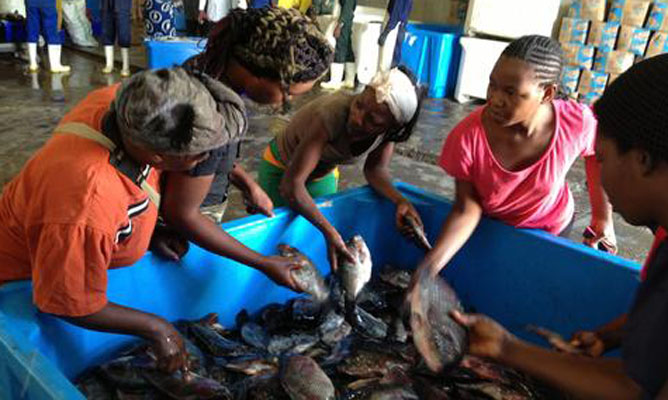
GOVERNMENT should put in place a policy framework to support players working in the agricultural sector to be able to consolidate information from markets, an agricultural research group has said.
BY TARISAI MANDIZHA
Mbare Musika is Zimbabwe’s biggest fresh produce market and in the month of May, the market generated estimated revenue of above $1,8 million from the sale of 15 products.
An agriculture research group, eMKambo, said agricultural extension departments should be capacitated to gather as much information as possible about production in their areas as well as surplus for markets.
“More than 90% of useful information is obtained from the people’s market where the majority of consumers buy commodities. However, in most African countries there is no one responsible for consolidating information in these markets yet farmers have to know how much is demanded by 20 agriculture markets that can feed five to seven million people in one African city like Harare or Nairobi in the next one to three months,” it said.
“Gathering such information requires a policy framework and support from players working in agriculture markets. Currently farmers rely on ad hoc information from one or two traders, peers and some farmers’ union.”
eMKambo said information asymmetry was leading to mismatches between production and supply in terms of yield, varieties and volumes. In most cases farmers lose out because there was no demand during gluts, it said.
“They also get low value for their commodities thus worsening their production capacity. All this leads to a reduction in farmers’ capacity to continue producing. It also affects other value chain actors such as equipment suppliers, input providers – thus threatening our food security,” eMKambo said.
- Chamisa under fire over US$120K donation
- Mavhunga puts DeMbare into Chibuku quarterfinals
- Pension funds bet on Cabora Bassa oilfields
- Councils defy govt fire tender directive
Keep Reading
The report also stated that African agriculture will never be sustainable unless there are deliberate efforts to carefully understand and develop markets.
“Development partners should not only extend their support to production, ignoring markets where farmers ultimately earn better incomes. Helping farmers to produce without a market condemns them to frustration and more poverty.”
Statistics from eMKambo showed that in the month of May 2015 a total of 72 agricultural produce traders were recorded as having sourced products from various farming areas around Zimbabwe and a few imports from neighbouring South Africa.











